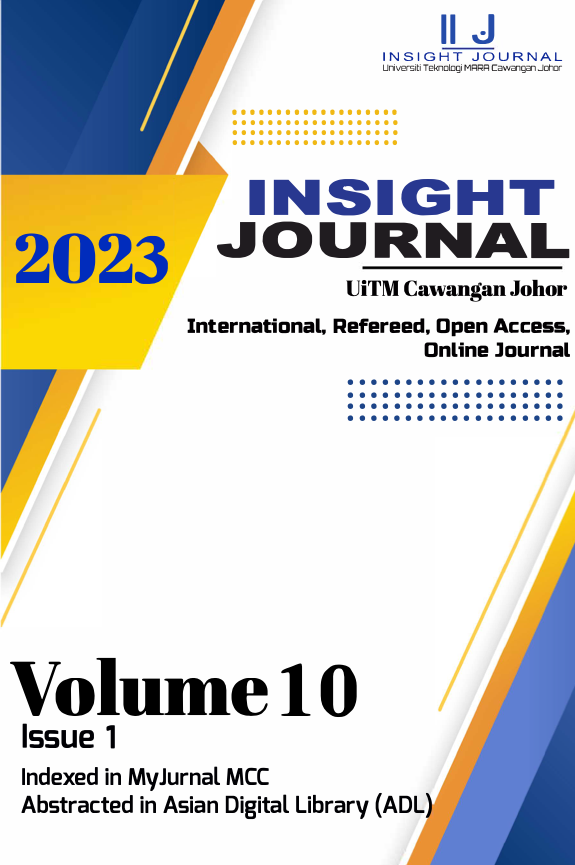A PRELIMINARY DYADIC STUDY ON WORK-LIFE BALANCE, PROBLEMATIC INTERNET USE AND PROCRASTINATION
Keywords:
Work life balance, Problematic internet use, Parent–child, Parent–child dyads, Procrastination, Parental approaches, Stressful-life event, Pilot resultAbstract
As technological culture continues to evolve, the virtual world has risen to prominence as the most effective medium for global communication. To date, the present study identified problematic internet use (PIU) as a multifaceted phenomenon. The purpose of this study is to address a preliminary dyadic study to examine parent-child relationships, including the determination of external and internal factors such as stressful life events, parental approaches to children and bond of attachment approaches between parent-child. The present study was carried out on 51 pairs of dyadic participants between parents and children aged 13-17 years who studying in secondary schools. The data were analysed using latest version of Smart-PLS. Findings have shown that parent PIU has a significant influence on child PIU, which also has significant impact on procrastination. These findings demonstrated the need of developing and implementing PIU preventive strategies on students, teachers, psychologists and parents as well as social workers and researchers working in the subject of addiction prevention. However, there are two (2) moderators in this study: parental methods and stressful life events. Both of these moderators exhibited no statistical significance, which does not support the conclusions of present study.
References
Downloads
Published
Issue
Section
License
Copyright (c) 2023 UiTM Press

This work is licensed under a Creative Commons Attribution 4.0 International License.







